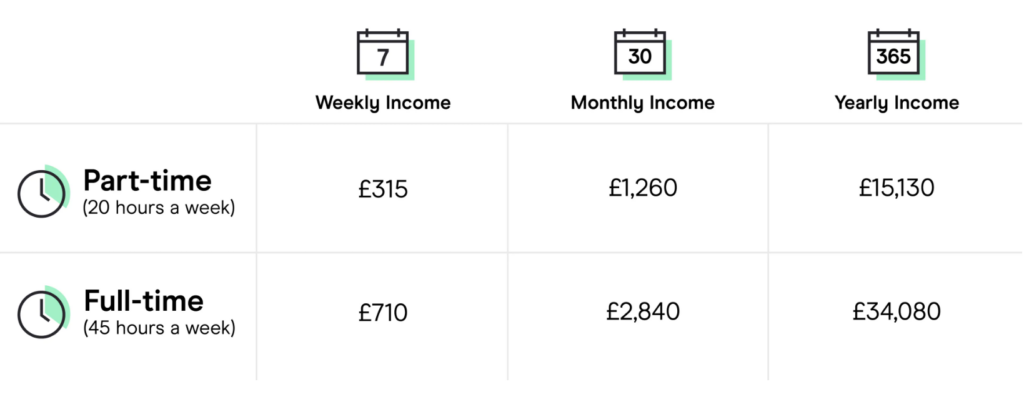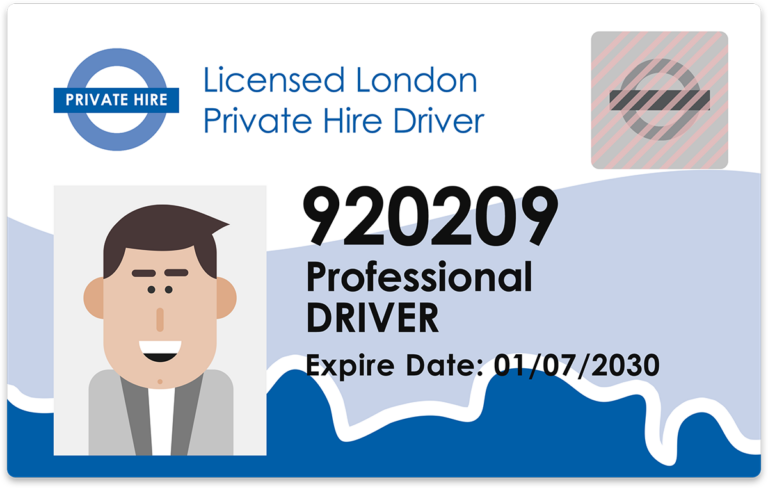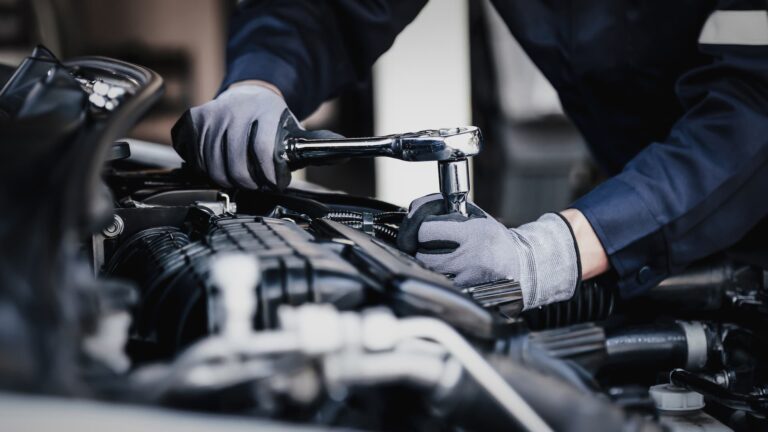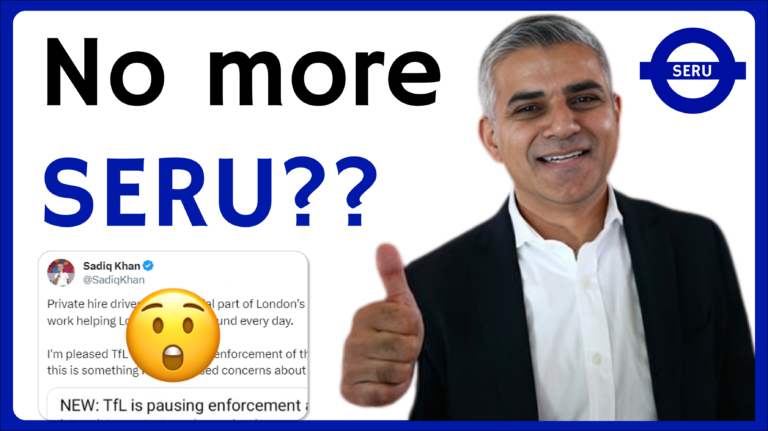Uber Drivers Earning (UK): How much can you make?
The ascent of Uber, along with numerous other ride-hailing applications, can largely be attributed to the commendable flexibility it extends to both its clientele and drivers.
In the role of an Uber driver, you are afforded the autonomy to shape your work pattern and schedule. Whether pursuing it as an ancillary income source or committing to it as a primary profession, the extent of your engagement is within your purview.
Amidst this exceptional flexibility, the pressing question emerges: What can you realistically expect as your earnings as an Uber driver?
Uber drivers in the UK accumulate an approximate average of £7.88 per ride. Calculated based on an average of two rides per hour, this equates to an hourly remuneration of £15.76. Thus, a 30-hour workweek would translate into an income of £472.
What’s the Average Earnings for Uber Drivers?
For those committing to full-time roles as Uber drivers in the UK, monthly earnings typically range from £1,260 to £2,840.
Delving into the specifics…
In 2021, the fare paid by UK Uber riders averaged between £9 and £12 per trip (gratuities excluded), contingent on the location. For the sake of moderation, let’s consider a national mean of £10.50 per ride.
After apportioning Uber’s 25% portion of each fare, drivers are left with approximately £7.88 per ride. As noted earlier, assuming an average of two trips per hour, this translates to an estimated hourly income (post-Uber deductions) of £15.76.
Thus, the following delineates the potential earnings on average for individuals opting for part-time or full-time positions as Uber drivers:

Certainly, the precise amount you ultimately earn is subject to variability. Factors such as your vehicle model, your chosen driving hours, the duration of your driving sessions, and the regions you serve all contribute to the sum you’ll bring home.
It’s vital to recognize the overarching expenditure entailed in operating your own vehicle for taxi services. Costs such as fuel, upkeep expenses, and vehicle taxes fall under your purview and can impinge on your earnings.
Moreover, there’s the matter of Private Hire insurance. This form of coverage is distinct from standard motor insurance, encompassing protection when you deploy your car as a taxi. Acquiring this type of insurance is mandatory prior to embarking on your Uber journey, so appraising the associated costs is prudent before committing.
Remember, a comprehensive understanding of these elements is integral to ensuring a well-informed decision before diving into the world of Uber driving.
What Are the Earnings of Uber Drivers in London?
London-based Uber drivers can accrue weekly earnings ranging from £250 to £800, contingent on their working hours.
For those engaged as Uber taxi drivers within central London, the consideration of congestion charges arises. This expenditure can amount to a maximum of £15 per day.
Hence, if your work routinely takes you through the central congestion zone multiple times a week, the cumulative costs might extend beyond £2,000 annually.
Does the Uber Rate Vary Across Different Regions?
Yes, the Uber rate is subject to variance based on the specific city or geographical area where you provide your services.
Uber determines the payment for each trip through an estimation of the duration and distance, followed by the application of a designated rate structure to derive the fundamental payment sum. These rates differ based on the location in which you operate.
Additional fees and supplementary charges might also come into play. These could encompass tolls, airport parking charges, and similar expenses contingent upon your precise location.
What’s the Weekly Working Hours of Uber Drivers?
Part-time Uber drivers typically dedicate approximately 20 hours per week to their roles, whereas full-time Uber drivers often engage in 45 hours or more of work.
Uber has previously disclosed that the average weekly work hours for UK Uber drivers hover around 30. A segment of approximately 16% of drivers works fewer than 10 hours a week.
In 2018, Uber implemented a driver hours policy that mandates a 6-hour rest period after 10 hours of driving. This initiative serves to enhance safety for both drivers and passengers.
Do Uber Drivers Receive Tips?
Certainly, Uber drivers receive tips and retain the entirety of those tips. Taking into account that the average passenger tends to tip around 10-20% of the ride fare, tips can substantially augment your earnings as an Uber driver.
Following each ride, Uber riders have the option to offer a tip and provide a driver rating through the app interface.
Do Uber Drivers Receive Holiday Pay?
Yes, Uber extends holiday pay to its drivers on a weekly basis, computed at 12.07% of their earnings.
In addition, Uber provides a National Living Wage payment to ensure that your earnings adhere to the minimum wage stipulated by the UK Government.
Remarkably, Uber drivers are not required to formally request holiday days off. You retain the flexibility to work or take time off as per your preference. Your holiday payment is automatically credited to your Uber account without necessitating any explicit action.
Does Uber Cover Petrol Costs?
No, Uber does not cover your petrol expenses. Therefore, this is a cost that you must factor in if you decide to become an Uber driver.
For those who cover extensive distances as Uber drivers, contemplating a transition to an electric vehicle (EV) could be prudent. EVs are environmentally friendly, offer cost-effective operation, and may also allow you to capitalize on Uber’s EV-focused promotions. Alternatively, opting for a fuel-efficient diesel car could be another avenue to reduce fuel expenditure.
How Can I Increase My Earnings as an Uber Driver?
To optimize your income as an Uber driver, consider taking faster and more efficient routes, steering clear of congested zones whenever possible.
This approach not only benefits you and your passengers but also contributes to emissions reduction and lower fuel expenses.
Here are several strategies to enhance your earnings as an Uber driver:
1. Strategic Timing
Capitalizing on peak demand times can be lucrative, as Uber employs surge pricing when trip requests surge. These instances often coincide with rush hours in bustling city centers or near popular venues during major events. Wisely selecting your driving hours could lead to above-average earnings.
2. Embrace Electric Vehicles
Transitioning to an electric vehicle (EV) can yield substantial benefits, especially for Uber drivers. Apart from the savings on fuel and reduced emissions costs, you can also tap into enhanced earnings via Uber Green and exclusive EV promotions.
3. Multi-Platform Engagement
Exploring opportunities beyond Uber can be advantageous. While Uber holds a significant position in the ridesharing domain, other companies like Ola and Bolt offer enticing bonuses and promotions for new drivers. Investigate if these alternatives are available in your area.
Is Uber Driving a Viable Occupation?
Undoubtedly, being an Uber driver remains a popular career choice for individuals seeking enhanced flexibility. Notably, a recent survey indicates that 74% of gig workers express contentment with their employment circumstances.
Recent updates have led to Uber drivers being entitled to holiday pay and National Living Wage Pay, guaranteeing a minimum wage for their working hours. Earnings can also be augmented through tips and Uber’s promotional offerings.
Is Pursuing Uber Driving Worthwhile?
Engaging as an Uber driver can indeed be worthwhile, primarily due to the flexibility to determine your own work hours and the potential for respectable earnings.
However, there are factors to consider, such as fuel expenses, personal vehicle usage costs, and the possibility of working during weekends and evenings.
Achieving the right balance and capitalizing on features like surge pricing and Uber Green promotions can lead to a satisfactory income while aligning with your schedule.
Which City Offers the Highest Earnings for Uber Drivers?
Uber drivers generally garner the highest earnings in London, primarily attributable to the substantial demand for rides, resulting in elevated rates and income prospects.
Nevertheless, cities like Manchester, Birmingham, and Bristol also present favorable prospects for Uber drivers, particularly during peak periods or major events.
How Much Do Uber Eats Drivers Earn?
Uber Eats drivers in the UK typically achieve earnings ranging from £7 to £14 per hour on average. Considering a 30-hour workweek, potential weekly earnings could range from £210 to £420.
Earnings vary based on factors like your operational location, the time of day you work, and the demand for your deliveries.
As an Uber Eats driver, your compensation comprises three components:
- Pick-up fee: Earned each time you collect from a new restaurant.
- Drop-off fee: Paid for each individual order you deliver.
- Per-mile rate: Calculated based on the total distance from pick-up to drop-off.
You can amplify your income through tips and by utilizing Uber’s Boost feature, which multiplies fares during peak hours in designated areas. Higher demand in pick-up zones results in higher Boost rates, potentially leading to increased earnings per delivery.
It’s vital to acknowledge that, akin to any courier or delivery role, there are associated expenses to account for. Fuel costs, vehicle maintenance, and food delivery insurance are among these considerations. As these costs are your responsibility, it’s prudent to factor them into your earnings assessment.
What Percentage Does Uber Take?
Uber deducts 25% of the total fare for each journey. For instance, if a ride amounts to £10, Uber’s share would be £2.50, leaving you with £7.50 as your portion.
Uber’s portion is subtracted prior to the deposit of your earnings into your bank account.
How to Become an Uber Driver?
Becoming an Uber driver entails the following six steps:
- Online Sign-Up: Register online with your email address, smartphone, the Uber driver app, and essential personal details.
- Obtain a Private Hire Licence: You’ll need to acquire a private hire driver’s licence from your local council before commencing Uber driving.
- Document Upload: Submit documents including your photo, ID, and a copy of your UK driver’s licence.
- Vehicle Selection: Choose a vehicle that meets the UK standards set by Uber. This could be your current vehicle or a new one.
- Complete Onboarding Course: Engage in a virtual onboarding course provided by Uber to familiarize yourself with the Uber app and its functionalities.
- Account Activation: Once you’ve successfully fulfilled the aforementioned steps, activate your account and initiate your driving journey.






